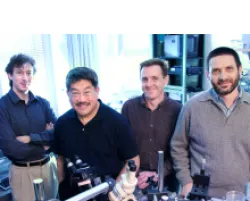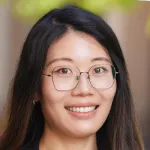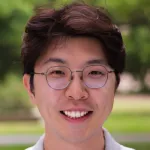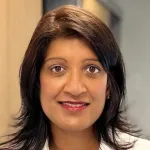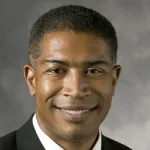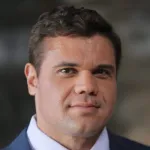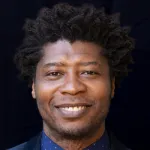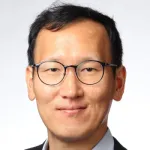
Hyunseok Kang - Professor of Medicine (Oncology)
Dr. Hyunseok “Hyu” Kang, MD, MPH is a medical oncologist specializing in head and neck cancers, including squamous cell carcinoma, salivary gland cancers, thyroid cancers, and other rare tumors. He serves as Leader of the Head and Neck Cancer Research Program at the Stanford Cancer Institute and Leader of Head and Neck Medical Oncology. His research focuses on developing clinical trials with novel therapies, including immunotherapy, targeted agents, and antibody-drug conjugates, to improve outcomes for patients with rare and aggressive head and neck cancers.

